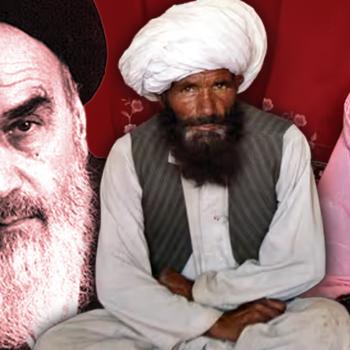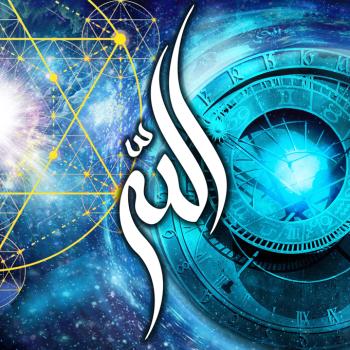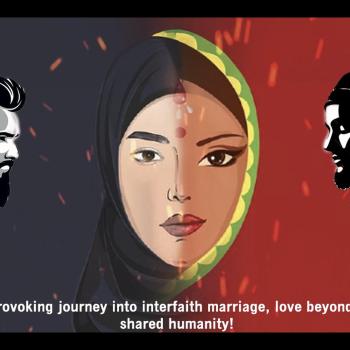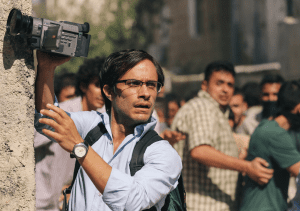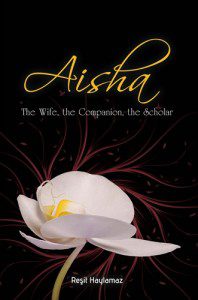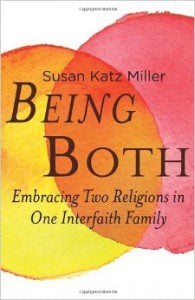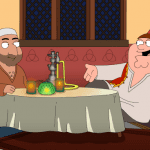 |
|
Brace yourselves – here come the critics
|
I cannot wait to see “Kingdom of Heaven”. While I have read that it is an anti-Muslim movie, I have also heard that many Christian are upset about the movie as well. I will come back to these important points a bit later, but first things first: the trailers for this movie are awesome.
I got goose bumps when Liam Neeson’s character Godfrey of Ibelin administered the knight’s oath to Orlando Bloom’s Balian of Ibelin: “be without fear in the face of your enemies, be brave and upright so that God may love thee, speak the truth always, even if it leads to your death, safeguard the helpless and do no wrong.” Ditto these emotions when Balian of Ibelin exhorted his troops inside Jerusalem by admonishing them to “defend not the walls of this city but the people inside them.”
The excitement was electrifying as the drumbeats roared and armies marched with their banners and standards raised high. The battle scenes looked absolutely stunning as well. In short, the movie has all the ingredients for a great medieval epic. So then, what’s all the brouhaha about?
Apparently some of the Christians in the movie are not quite as pious and chivalrous as crusade fables make them out to be. And of course the movie has hordes of menacing, sword-wielding, turban-clad, bearded Muslims on horseback causing all sorts of havoc. All of this has some Christians and some Muslims bent out of shape. Each side seems to be perturbed that its religious ancestors are portrayed in less than perfect light while the enemy is portrayed as something more than a one dimensional caricature.
The foregoing suggests to me that Ridley Scott may have created a film that is relatively balanced and accurate. If that is the case, then this movie will be a welcomed addition to the voices of reason amidst the absolutists on each side of the “modern day crusade” that is also known as the “war on terror.” In an era when many people get information from movies and other pop media sources, there is hope that “Kingdom of Heaven” will open people’s eyes to other perspectives.
According to some people, and probably many neocons, the “Christian West” and the “Muslim East” are headed for a clash of civilizations. Until recently this theory had been shelved by most reasonable observers. September 11, 2001 and the ensuing war on terror has breathed new life into this once discounted theory.
Of course, this is largely due to the fact that nowadays government propaganda often passes for news and facts. Lately many Americans have traded in their critical thinking abilities for empty sloganeering. As a result complex geopolitics have been reduced to “us versus them” and “freedom versus evil” and “you’re either with us or against us.”
Perhaps a more balanced approach to the Crusades will challenge conventional wisdom enough to get people thinking again. If “Kingdom of Heaven” stimulates Americans’ intellect then it is worth the price of a few ruffled feathers.
However, it is a mistake to equate historical balance with historical revisionism. A reasonable man ought to be able to acknowledge the barbarism and savagery of the Christian Crusades in 11th and 12th century such as the indiscriminate slaughter of civilians in Jerusalem in 1099 when the Crusaders conquered the city without dehumanizing all Christians of that era as murderous barbarians. Similarly, the same reasonable person ought to be able to acknowledge the heinous crimes committed in the late 20th and early 21st century by Muslims such as the September 11, 2001 attacks and the beheadings of civilian hostages in Iraq without writing off all Muslims as inherently violent.
By presenting a balanced view we are forced us to consider the good with the bad regardless of which side we favor. Viewing events from this perspective makes it harder to draw clear lines between right and wrong and good and bad. This, in turn, undercuts absolute certainty. In the absence of absolute certainty, it may be harder for people of conscience to sanction the kind of bloodshed we have witnessed at the turn of the 21st century, and that would be a very good thing.
Junaid M. Afeef is a Research Associate at the Institute for Social Policy & Understanding. His articles are available at www.ispu.us He can be reached at [email protected].


